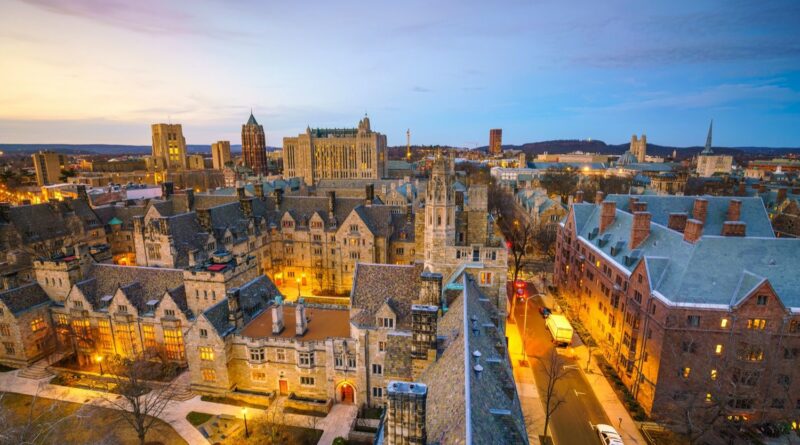History Of New Haven Connecticut
New Haven, Connecticut is a city that boasts a rich and diverse history, dating back to its early beginnings in 1638. Located in the southern part of the state, New Haven was established by a group of English Puritans who were seeking religious freedom. Over the centuries, the city has gone through a series of transformations, from a small agricultural community to a bustling port city and eventually a thriving center for industry and education.
The early history of New Haven was marked by its strong religious roots. The Puritan settlers established the city as a theocracy, with religious leaders serving as both spiritual and political leaders. This close relationship between religion and government would continue to shape the city’s development throughout the centuries.
In the 1700s, New Haven experienced a period of growth and prosperity as it became an important port city. The city’s harbor provided a safe haven for ships, and it became a hub for trade and commerce. The city’s prosperity was further bolstered by its thriving shipbuilding industry, which was vital to the success of the American Revolution. New Haven played a key role in the Revolution, serving as a major supply center for the Continental Army.
In the late 1700s and early 1800s, New Haven continued to grow as a center for industry and trade. The city was home to a variety of businesses, including shipbuilding, manufacturing, and retail. In the late 1800s, New Haven became a major center for manufacturing, as the city’s abundant natural resources and skilled workforce attracted a growing number of factories. The city’s industrial growth was spurred by the arrival of the railroad, which made it easier for businesses to transport goods and raw materials in and out of the city.
The late 1800s and early 1900s also saw the establishment of some of New Haven’s most important institutions. Yale University, one of the country’s premier universities, was founded in 1701 and has been an important part of the city’s history ever since. In the early 1900s, the city also became a center for medicine, as the Yale School of Medicine was established in 1913.
Throughout the 20th century, New Haven continued to thrive as a center for education, industry, and culture. The city was home to a vibrant arts scene, and it was a hub for musical and literary talent. In the mid-20th century, New Haven experienced a period of growth as a result of the post-World War II economic boom. The city became a center for defense research and manufacturing, and it attracted a growing number of businesses and residents.
In recent years, New Haven has continued to evolve, as the city has faced a number of economic and social challenges. Despite these challenges, New Haven remains a city with a rich history and a bright future. Today, the city is home to a thriving arts scene, a vibrant culinary scene, and a growing tech industry, making it one of the most exciting places to live in Connecticut.
New Haven, Connecticut is a city with a rich and diverse history, from its early beginnings as a religious community, to its growth as a port city, to its eventual transformation into a thriving center for industry and education. Despite its challenges, New Haven remains a city with a rich cultural heritage, a thriving arts scene, and a bright future.
Discover more from City Towner
Subscribe to get the latest posts sent to your email.




